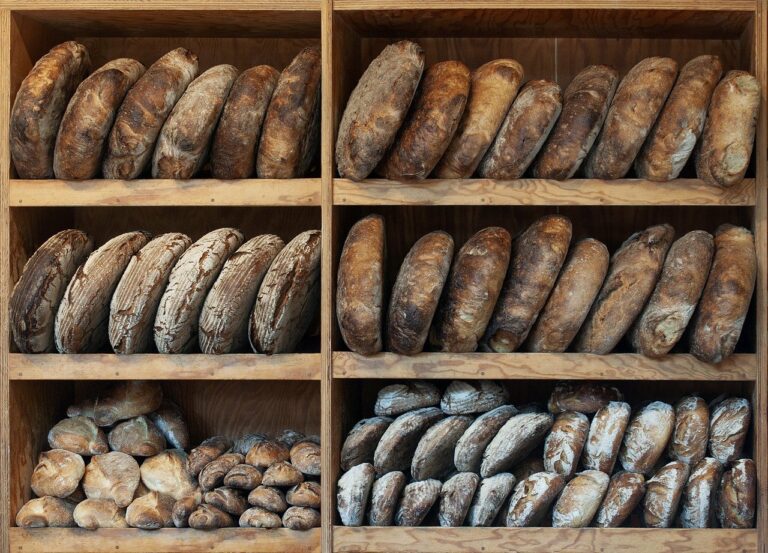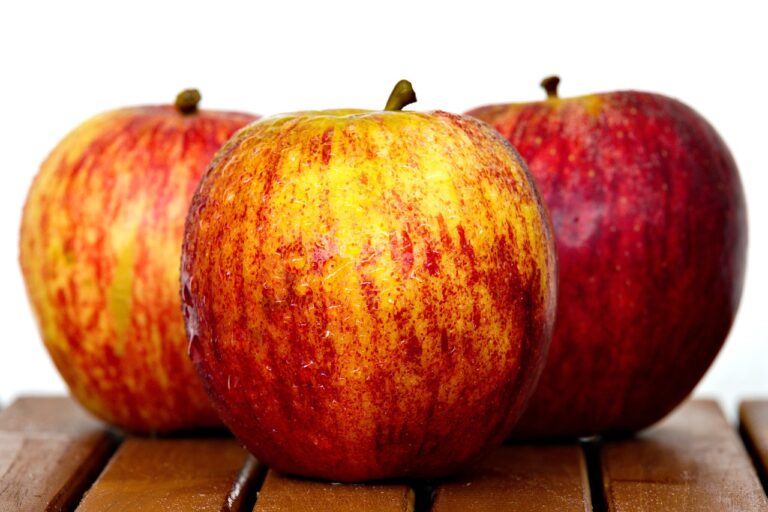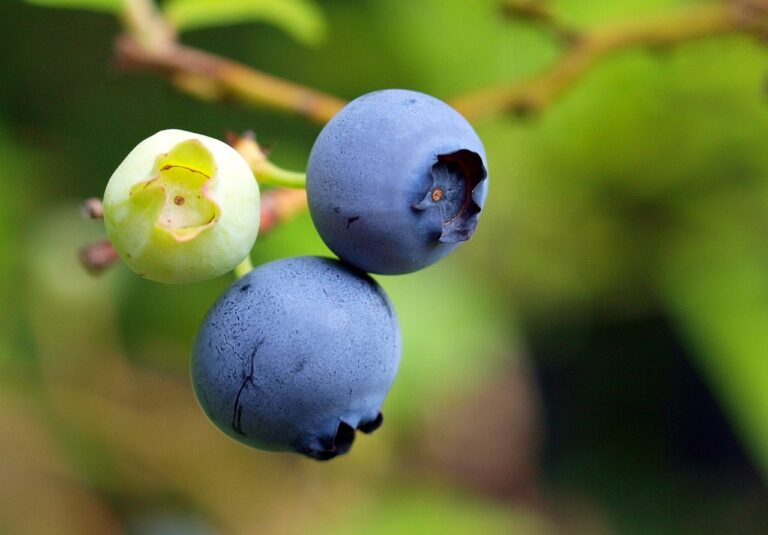Food Waste Recycling: Turning Scraps into Resources
Food waste is a pressing issue that not only affects the economy but also poses significant environmental challenges. When food is wasted, it ends up in landfills where it decomposes anaerobically, releasing methane gas into the atmosphere. Methane is a potent greenhouse gas that contributes to climate change.
In addition to the greenhouse gas emissions, the production of food also requires resources such as water, energy, and land. When food is wasted, all of these resources are essentially squandered, further exacerbating the environmental impact of food waste. By reducing food waste, we can help mitigate climate change and conserve valuable resources for future generations.
Food waste contributes to greenhouse gas emissions, particularly methane
Production of food requires resources like water, energy, and land
Wasted food squanders valuable resources that could be used more efficiently
Reducing food waste can help mitigate climate change and conserve resources for the future
Benefits of Recycling Food Scraps
Reducing food waste by recycling food scraps has significant benefits for both the environment and the economy. By diverting organic matter from landfills, less methane gas is produced, helping to combat climate change. Additionally, recycling food scraps decreases the need for chemical fertilizers, contributing to healthier soils and reducing water pollution.
Moreover, recycling food scraps can save households money by reducing the amount of trash sent to landfills. Instead of paying for waste disposal services, individuals can repurpose their food scraps through composting or other recycling methods. This not only benefits the environment but also offers a practical solution for managing household waste more sustainably.
Methods for Composting Food Waste
Composting food waste is a simple and effective way to reduce the amount of organic matter that ends up in landfills. One popular method is backyard composting, where food scraps are combined with yard waste like leaves and grass clippings. This mixture is then left to decompose over time, turning into nutrient-rich compost that can be used to enrich the soil in gardens and flower beds.
Another method for composting food waste is vermicomposting, which involves the use of worms to break down organic matter. By creating a suitable environment for worms to thrive, such as a worm bin with bedding material like shredded newspaper, food scraps can be added regularly for the worms to consume and turn into compost. Vermicomposting not only helps in reducing food waste but also produces a high-quality fertilizer that can benefit plants and crops.
What is food waste composting?
Food waste composting is the process of decomposing organic food scraps into nutrient-rich soil for gardening and farming purposes.
Why is composting food waste important?
Composting food waste helps reduce methane emissions from landfills, conserves natural resources, and improves soil health.
What are some methods for composting food waste?
Some methods for composting food waste include backyard composting bins, vermiculture (composting with worms), and municipal composting programs.
Can I compost all types of food waste?
While most food scraps can be composted, it’s best to avoid meat, dairy, and oily foods as they can attract pests and slow down the composting process.
How long does it take for food waste to compost?
The time it takes for food waste to compost depends on various factors such as the composting method used, temperature, and the types of food scraps being composted. It can range from a few weeks to several months.







